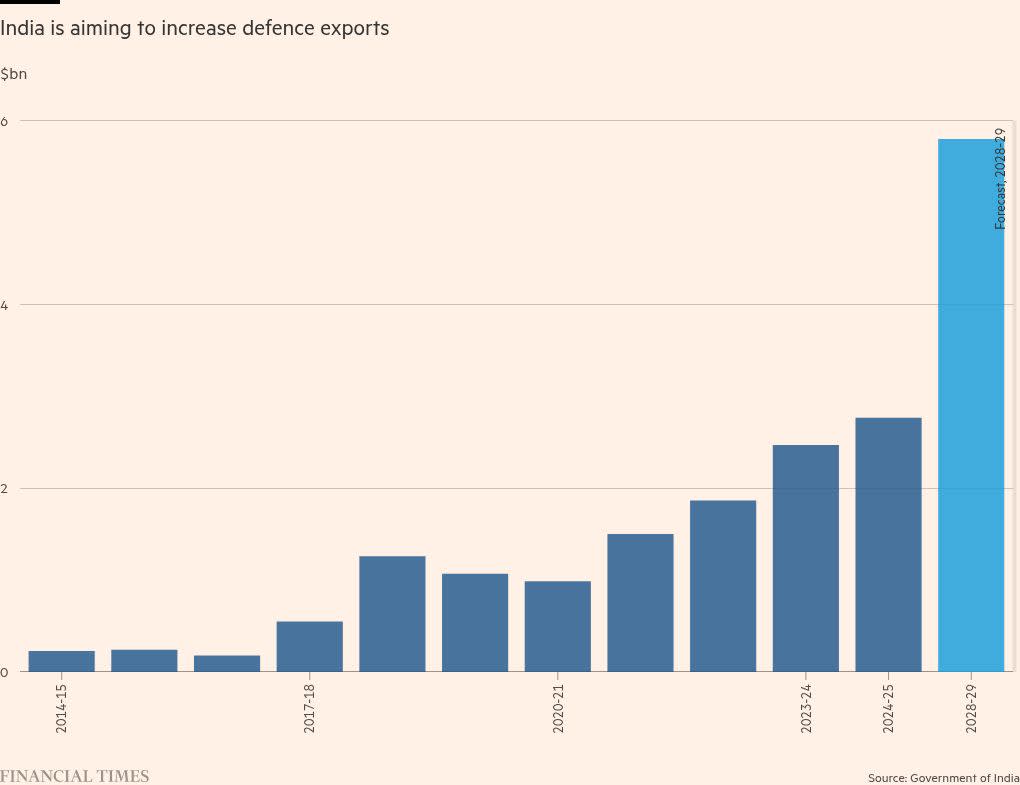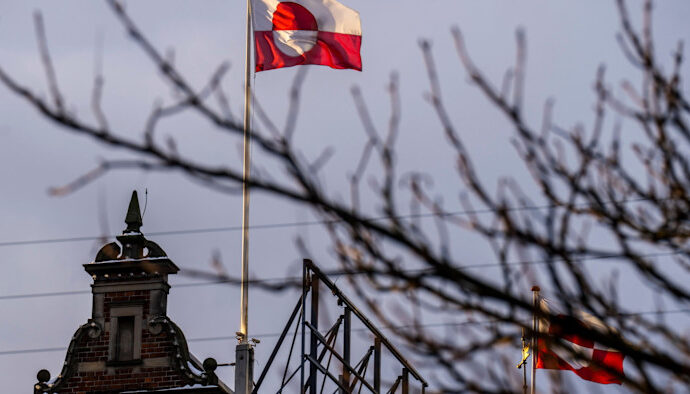This article is an on-site version of our FirstFT newsletter. Subscribers can sign up to our Asia, Europe/Africa or Americas edition to get the newsletter delivered every weekday morning. Explore all of our newsletters here
Good morning and welcome to FirstFT Asia. In today’s newsletter:
Japan’s ruling party dealt election blow
Why AI groups are spending on top experts
Inside India’s powerful Hindu-nationalist movement
We start with Japan’s upper house election — an exit poll published yesterday suggested a heavy setback for the ruling Liberal Democratic party.
The latest: Japan’s Prime Minister Shigeru Ishiba appeared determined to stay in office yesterday, telling reporters that he would “continue to take responsibility for national issues”. An exit poll published after voting ended suggested the LDP and its coalition partner, Komeito, would lose their combined majority in the upper house of Japan’s parliament. Within hours of polls closing, Ishiba had begun to come under pressure from within his own party to step down, said people familiar with the situation.
High voter interest: Record early voting turnout and polls last week indicated an unusually high level of public interest in the election, which was fought over the rising cost of living and immigration. Yu Uchiyama, a political scientist at the University of Tokyo, said voters appeared to have made a strong judgment against Ishiba, and punished the LDP’s handling of surging prices.
Far-right gains: The far-right Sanseito party, secured at least 11 seats, giving it potentially significant leverage. The party, which was widely considered a fringe movement in previous national elections, has weaponised the rising cost of living and the influx of foreign workers against the incumbent LDP.
Read more about Japan’s upper house election.
Here’s what else I’m keeping tabs on today:
Economic data: Hong Kong and New Zealand report CPI inflation data.
Monetary policy: The People’s Bank of China announces loan prime rates.
Japan: Financial markets are closed for the Marine Day national holiday.
Five more top stories
1. Sir Keir Starmer’s government is seeking a way out of a clash with the Trump administration over the UK’s demand that Apple provide it with access to secure customer data, two senior British officials have told the FT. The officials both said the Home Office would probably have to retreat in the face of pressure from senior leaders in Washington.
2. Top artificial intelligence groups are replacing low-cost “data labellers” in Africa and Asia with highly paid industry specialists, in the latest push to build “smarter” and more powerful models. Companies are hiring top experts in fields such as biology and finance, accelerating a move away from employing thousands of low-cost workers in countries such as Kenya and the Philippines.
3. Brussels is ratcheting up pressure on national governments to stop blocking bank consolidation, issuing twin broadsides last week against meddling by the Italian and Spanish governments in banking tie-ups. Several commission officials told the FT that warnings to Rome and Madrid were connected, as Brussels steps up efforts to encourage banking mergers.
4. The Israeli army issued an evacuation order for Deir al-Balah in central Gaza yesterday, as it prepared to expand its offensive against Hamas into one of the few parts of the Palestinian enclave where it has not yet deployed ground forces. It came as Hamas accused Israeli forces of killing more than 60 Palestinians as they waited for aid deliveries near Zikim in northern Gaza yesterday.
5. London Stock Exchange Group is weighing whether to launch 24-hour trading. Pioneered in the US, longer trading windows have become a hot topic among exchange groups as they seek to modernise, spurred by the rise of younger investors who trade on their smartphones. Read the full story.
FT Magazine

India’s Rashtriya Swayamsevak Sangh has become arguably the largest far-right movement in the world, claiming some six million members. A hundred years after it was founded, the all-male group is getting closer to its goal of making India a Hindu-first nation.
We’re also reading . . .
CEOs: Top executives are thinking more deliberately about their physical and mental health, with some even operating more like professional athletes.
Asteroids: This year, the alert system for defending the planet against incoming space rocks was activated for the first time. It won’t be the last, Tomas Weber writes for FT Magazine.
North Korea: Pyongyang’s growing commercial co-operation with Moscow gives both regimes leverage against western pressure.
Chart of the day
Two months after the Indian armed forces launched drones and missiles deep into Pakistan during a brief but fierce military assault, the country’s defence industry is making a push into overseas markets.
Take a break from the news
It’s time to update your assumptions about Australian wine. The quality and diversity has never been greater, writes FT wine correspondent Jancis Robinson, but the rest of the world pretty much ignores it.




